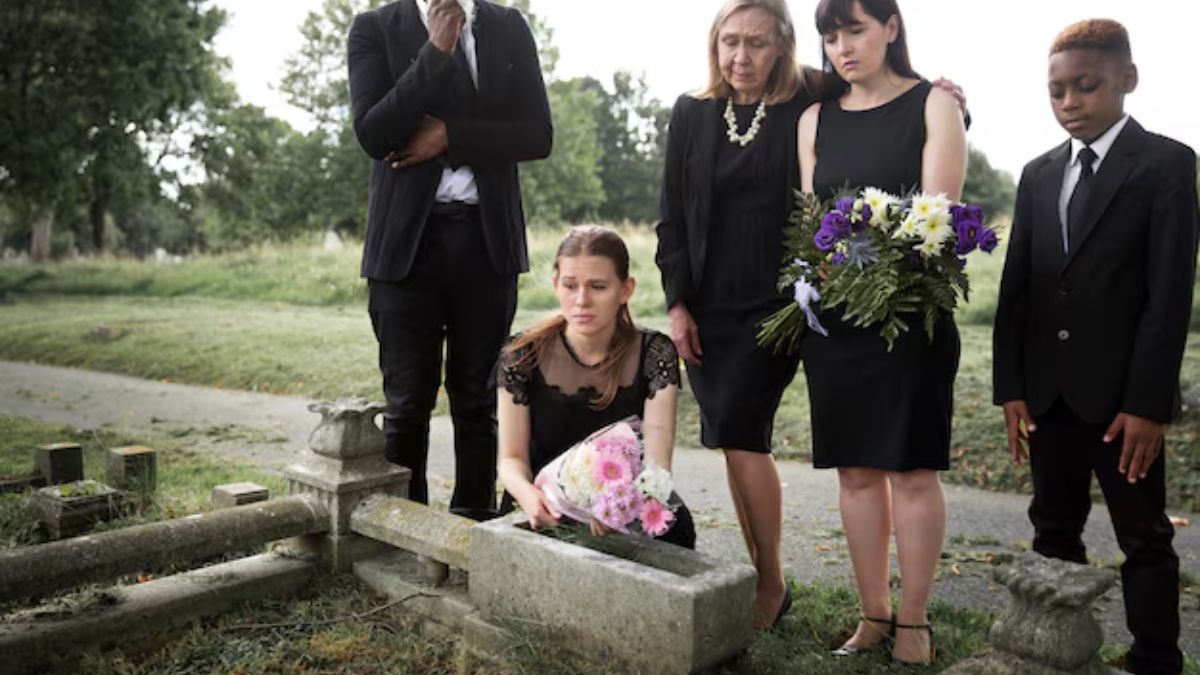The foster care system is often seen through the lens of separation and loss. Yet, within this complex landscape lies a powerful truth: siblings deserve to stay together. In New Jersey, the importance of sibling placements has gained significant attention as advocates push for policies that prioritize these vital connections. When brothers and sisters are placed in the same home, they not only maintain their familial bonds but also pave the way for better emotional outcomes. Understanding how keeping siblings together can enhance their lives reveals an essential piece of nurturing resilience amidst uncertainty. Let’s explore Better Outcomes When Siblings are Placed Together in NJ Data and beyond!
Benefits of Keeping Siblings Together
Keeping siblings together in foster care offers numerous advantages. First and foremost, it preserves their emotional bonds. Siblings often share a unique understanding of each other’s experiences, which can provide comfort during challenging times.
Staying connected allows for shared memories and familiarity amid the chaos of being placed in foster care. This continuity fosters a sense of security that is crucial for children who have already faced instability.
Moreover, joint placements can enhance social skills. Children learn to communicate, negotiate, and resolve conflicts with one another—skills essential for healthy relationships later in life.
The benefits extend beyond mere companionship; they also promote resilience among siblings. Facing challenges together strengthens their ability to cope individually as well as collectively.
Sibling placements help maintain family identity. These ties remind children of where they come from, grounding them even amidst uncertainty.
Impact on Child Development and Bonding
When siblings grow up together, they share a unique bond that significantly influences their emotional and social development. Their interactions foster essential life skills like empathy, cooperation, and conflict resolution.
Being placed together in the foster care system allows these children to maintain familiarity during a turbulent time. They can rely on each other for comfort and support, which reduces feelings of anxiety or abandonment often associated with separation.
Research shows that siblings who remain together tend to have better mental health outcomes. They are more likely to express themselves openly and develop healthy attachments. This connection acts as an anchor in unpredictable circumstances.
Additionally, shared experiences help strengthen their relationship further. Whether it’s reminiscing about childhood memories or navigating new environments, these moments create lasting bonds crucial for resilience in challenging situations.
Challenges Faced by Siblings Placed Separately
When siblings are placed in different foster homes, the emotional toll can be heavy. Loneliness and confusion often set in as they grapple with separation from their brother or sister. These feelings can lead to anxiety and behavioral issues.
Children thrive on connection. Without their sibling by their side, navigating new environments becomes even more daunting. They miss out on shared experiences that typically help them cope with change.
Communication barriers also arise. Visits may be limited, making it hard for siblings to maintain a strong bond. This lack of interaction can impact their ability to support each other emotionally during difficult times.
Additionally, differing family dynamics in separate placements complicate matters further. Each child must adapt to unique household rules and expectations, which can create feelings of alienation rather than unity—an essential aspect when growing up together.
Successful Examples of Sibling Placements in New Jersey
New Jersey has seen numerous successful sibling placements that highlight the positive impact of keeping brothers and sisters together. One notable case involves three siblings who were placed with a foster family committed to maintaining their bond. The children thrived in an environment where they could rely on each other for emotional support.
Another inspiring example features twins who faced challenges after being removed from their biological home. With careful matching, they found a loving foster home that embraced their unique connection. This experience helped them navigate the complexities of transitioning into foster care while preserving their sibling relationship.
Additionally, some agencies in New Jersey have created specialized programs that prioritize sibling placements, ensuring these connections remain strong throughout the fostering process. These efforts demonstrate how intentionality can lead to better outcomes when siblings are placed together in NJ data-driven initiatives.
Efforts Made by NJ Data to Increase Sibling Placements
New Jersey has made significant strides in promoting sibling placements within its foster care system. By analyzing statewide data, NJ Data identifies trends and gaps in the placement process. This analysis drives targeted strategies to keep siblings together.
Collaborative efforts between child welfare agencies and advocacy groups are crucial. They actively work to raise awareness about the importance of sibling connections during placements.
Moreover, training programs for foster parents emphasize the benefits of housing siblings together. These initiatives aim to create a supportive environment where children can maintain their relationships.
Innovative matching algorithms have also been developed. This technology helps social workers find suitable homes that can accommodate multiple siblings at once.
Through these concerted efforts, New Jersey continues to prioritize keeping families intact whenever possible. The focus remains on ensuring that every child’s emotional needs are met during challenging times.
Conclusion: Importance of Prioritizing Sibling Connections in Foster Care Placement
The importance of Better Outcomes When Siblings are Placed Together in NJ Data cannot be overstated. When siblings are placed together, the benefits extend far beyond mere companionship. They provide emotional support, foster resilience, and enhance both mental and social development.
NJ data consistently shows that children who remain with their siblings tend to have better outcomes. These include improved behavioral health metrics and a greater sense of stability during an incredibly challenging time in their lives. Prioritizing these relationships not only nurtures family bonds but also strengthens the child’s ability to adapt to new environments.
Efforts by New Jersey agencies highlight the commitment to keeping siblings together whenever possible. This proactive approach aims to address the unique needs of each child while ensuring they do not face adversity alone.
Fostering a system that values sibling placements can lead to transformative experiences for young individuals navigating foster care. By recognizing the significance of these connections, we pave the way for brighter futures where every child feels valued and supported within their familial ties.











